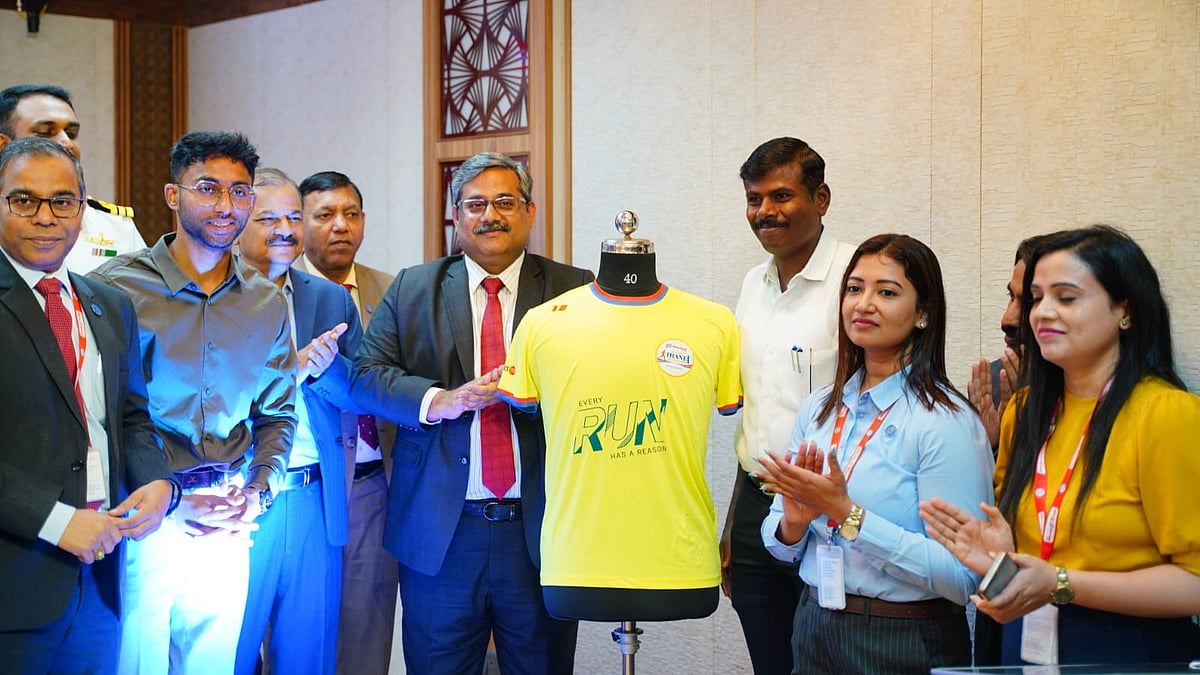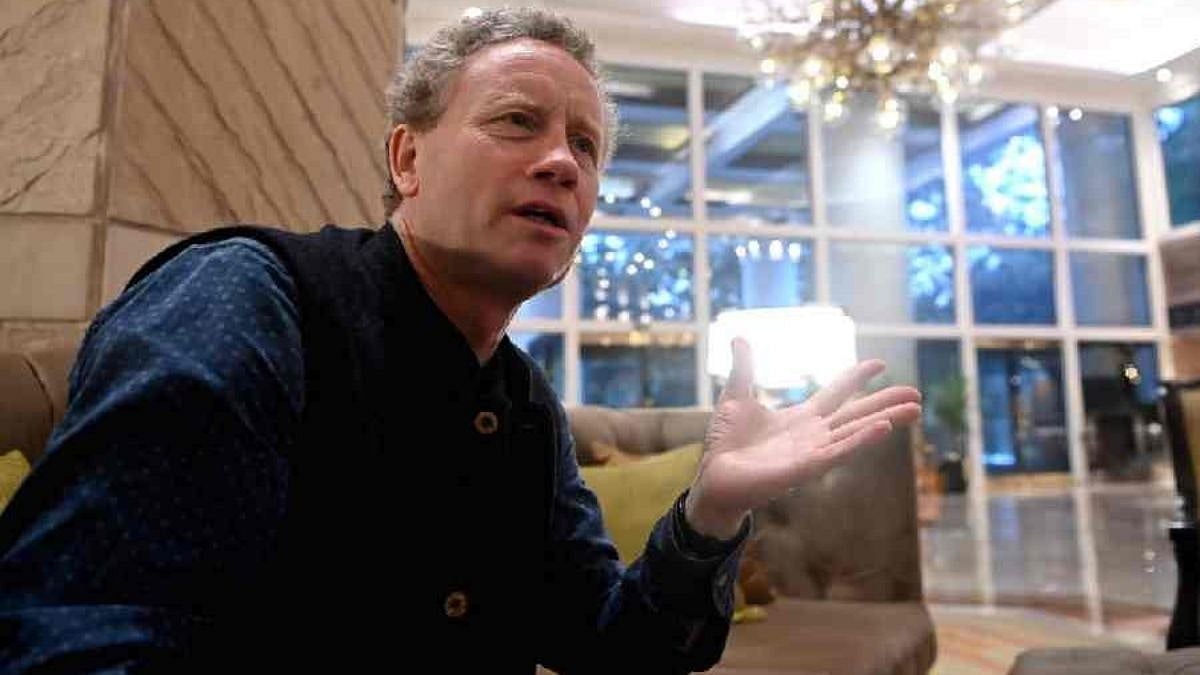The media plays a bigger role than simply informing people about recent events. Yet, most reporters fail to use the words ‘alleged/allegedly’. When an allegation is made, that is neither evidence nor proof of commission of a crime. The ordinary meaning of the word ‘allegedly’ is ‘reportedly’, ‘supposedly’, ‘claimed to be true’. Truth has to be ferreted out and its vindication is the object of a criminal trial.
Our criminal justice delivery system is under severe stress. More pressure on it by careless reporting can result in the loss of public faith and trust in a core institution. However, the media as a whole appears unable to restrain itself. Its over-enthusiasm often hampers smooth and expeditious investigation. Visuals of a suspect walking on a street after allegedly committing a crime are repeatedly aired. First, the person is yet to be made an accused. Secondly, public servants should be allowed to carry out their jobs independently and impartially. Precisely that may not happen because of continued media intervention. Graver the crime, more brutal the manner in which it is committed, greater the need for self-control.
A police officer or public servant often addresses the media. At such address, he or she may cross the line inadvertently or intentionally. In the latter case, the public servant invites strict disciplinary and penal action. In this regard, one can refer to Chapter IX of the Indian Penal Code, which is titled ‘of offences by or relating to public servants’. Therein appear Sections 166, 166A and 167. This is in addition to the Conduct Rules which the officer is duty-bound to follow. Any breach of the rules has civil consequences, including loss of employment. Therefore, while reporting crimes the media should avoid exposing the investigating officers. Even a police officer is not above the law. By the very nature of the duty self-imposed restrictions are implicit.
In several instances, the media elicits information that is not with the investigators. In that regard the penal code contains stringent provisions. Chapter X deals with contempt of the lawful authority of public servants. Omission to give notice or information to a public servant by a person legally bound to give it would, if such act were to be committed intentionally, invite punishment of imprisonment.
This provision cautions citizens that first information of a crime has to be given to public servants. The purpose is to prevent commission of an offence or assist in apprehension of an offender. One also cannot furnish false information. That is a punishable offence under Section 177. Those obligated to inform ought not to be seen in public, much less giving interviews. If a valuable piece of evidence in the form of a document or electronic record is with them, the duty of the person knowing the facts of the case is to produce it before a public servant.
Yet, people refuse to assist the police and the judge in arriving at the truth while statements relating to the case are freely circulated. By such acts, witnesses are destroying their credibility. If they are summoned to depose on oath, they will be cross-examined by the accused. They would then be confronted with several facts and circumstances to establish that their testimony is not reliable and trustworthy.
Refusal to attend police station or court invites action in law. Those accused of the commission of heinous crimes often threaten witnesses once their personal details are in the public domain. Reporters and the persons granting them interviews are making a mockery of witness protection measures.
Equally, public servants ought to know that any statement made to them in the course of an investigation is not legally admissible evidence. Sections 161 and 162 of the Code of Criminal Procedure, 1973, specifically state what is obvious. Prosecution witnesses can be cross-examined by the accused to highlight contradictions and omissions. Corroborative materials have to be produced in court and, subject to the rights of the accused, they can be relied upon. No person can be deprived of his right to life and liberty, save as stated in Article 21 of the Constitution of India. That is most precious.
Further, Article 20(3) of the Constitution needs to be perused in this regard. A summation of the above leads to only one conclusion, that no one is guilty unless proved. The crime has to be proved, not innocence. The prosecution cannot rely on loopholes in the defence version. The defence can, however, rely on loopholes in the prosecution version.
Pending cases are discussed, debated and reported daily. On receipt of information of a crime, the police carry out a full investigation and submit a report to the competent criminal court. The court then tries the case by complying with the law. Suspicion, accusation and conviction or acquittal is the process in criminal matters. However, leakage of vital clues during investigation can be exploited by the accused to escape from the law at the preliminary stage itself.
The Indian Evidence Act, in Section 25, says confession to a police officer is not to be proved. Section 26 says no confession made by any person whilst in the custody of a police officer shall be proved as against him unless it is made in the immediate presence of a magistrate. A confession can be retracted by the accused. How much of the information received from the accused may be proved is set out in Section 27. Thus, a police officer is aware that a confession to him or her is of no assistance. Once the court is of the opinion that there was inducement, threat or promise, a confession has no evidentiary value. The confession must be voluntary.
The approach of the print and electronic media and the police calls for a nationwide debate on issues of far-reaching public importance. It is easy to blame the courts for acquitting the accused. On most occasions, defective and biased investigation of crimes and faulty prosecution result in acquittals. It is, therefore, incumbent upon every stakeholder to evolve a code of conduct, if not already in place, for itself. If publicity comes at the cost of a human life, then the tendency to seek it must be curbed. It is necessary that legal action is taken against irresponsible behaviour urgently.
Justice Satyaranjan C Dharmadhikari is a retired judge, Bombay High Court









